International Conference on
Waste, Recycling Technologies and Climate Solutions
October 26-28, 2026 | Las Vegas, NV
Submission Closes MARCH 05, 2026
Ends MARCH 06, 2026

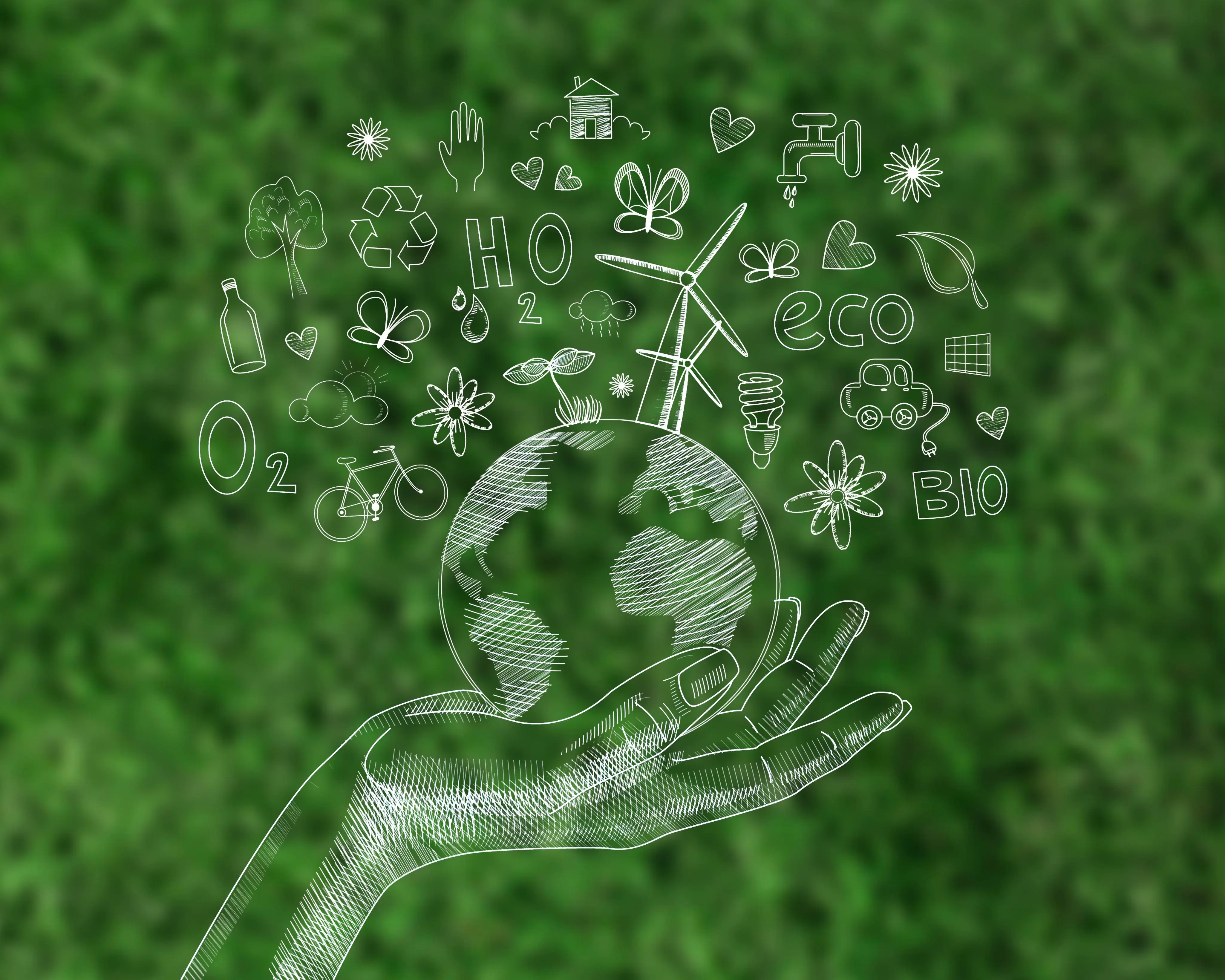
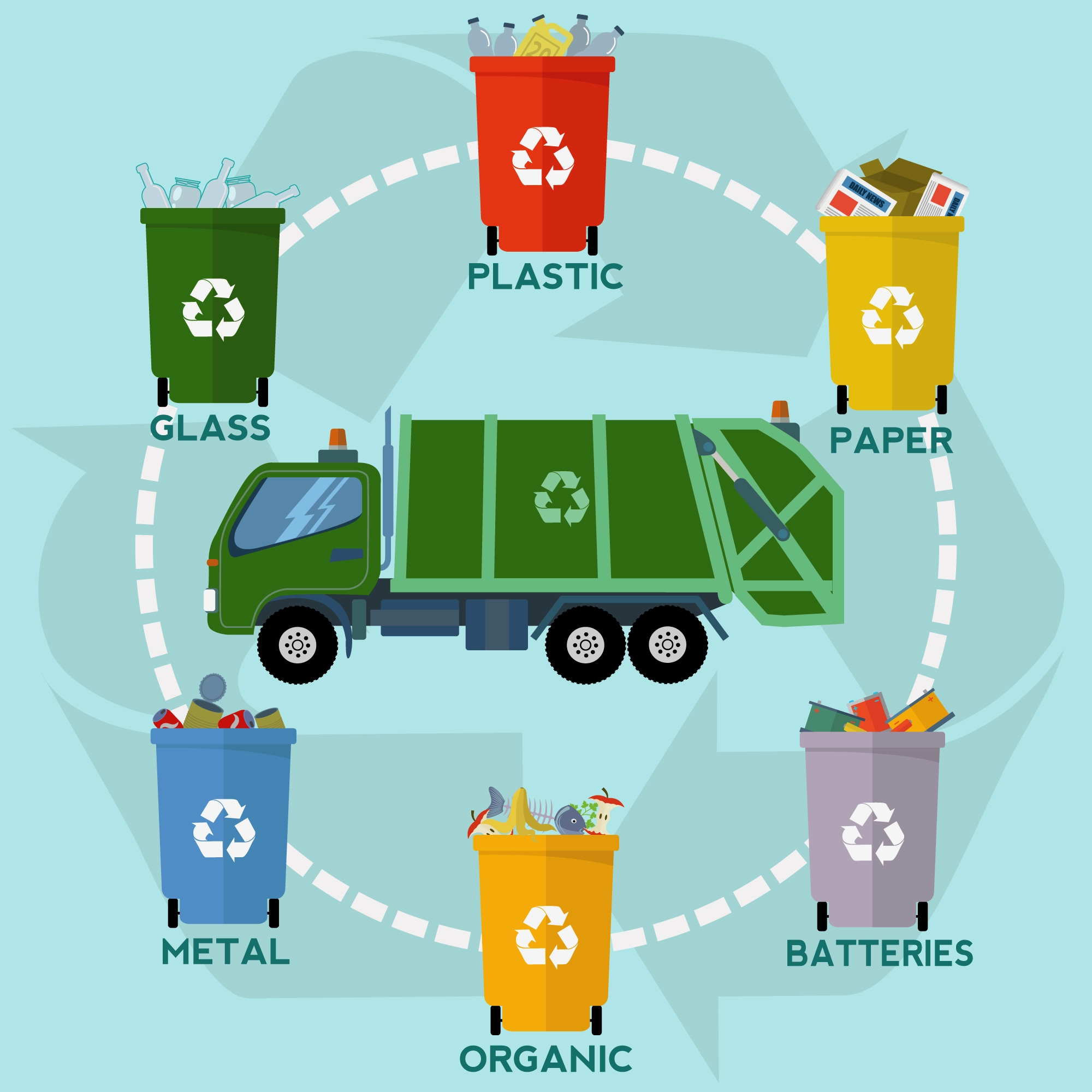



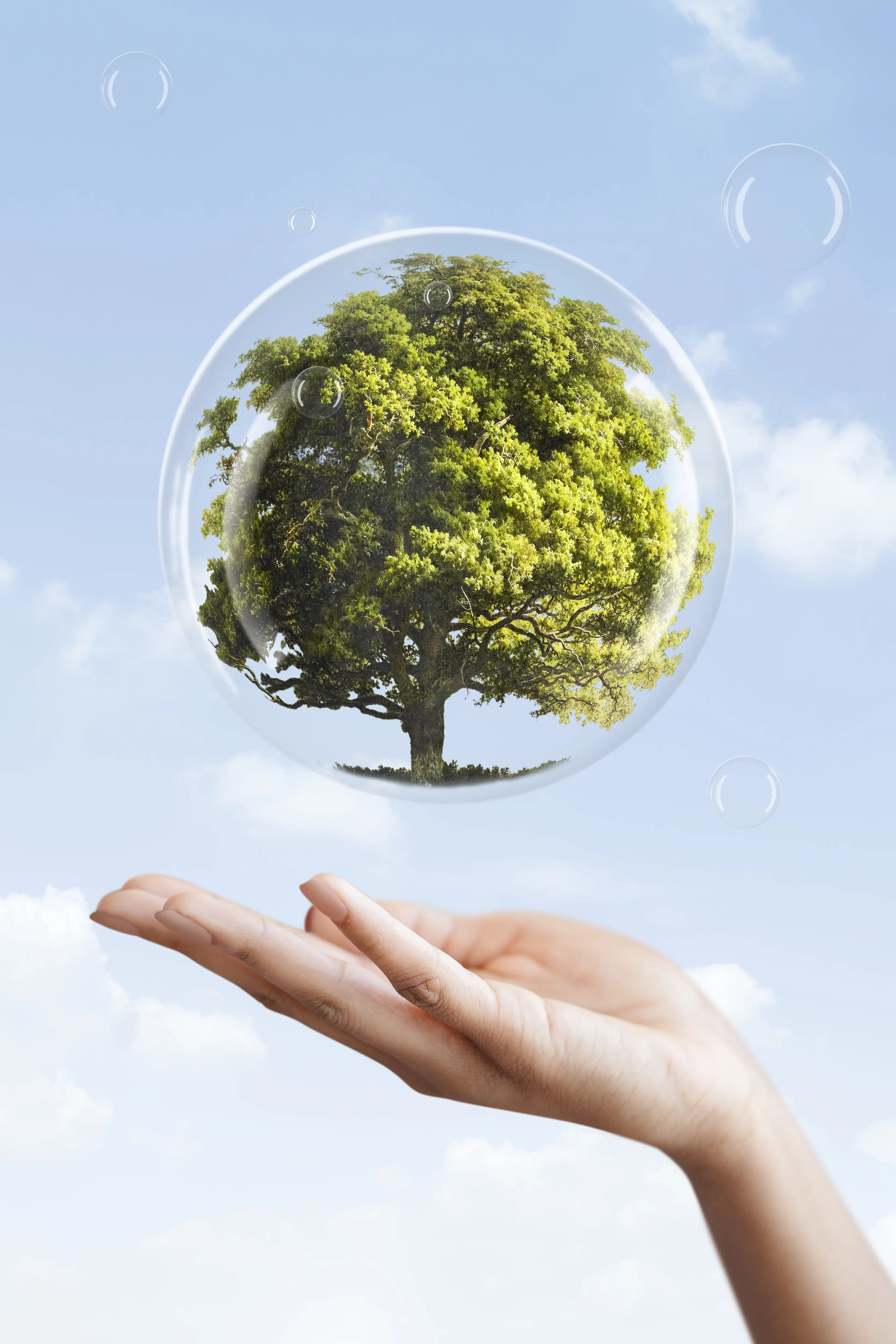
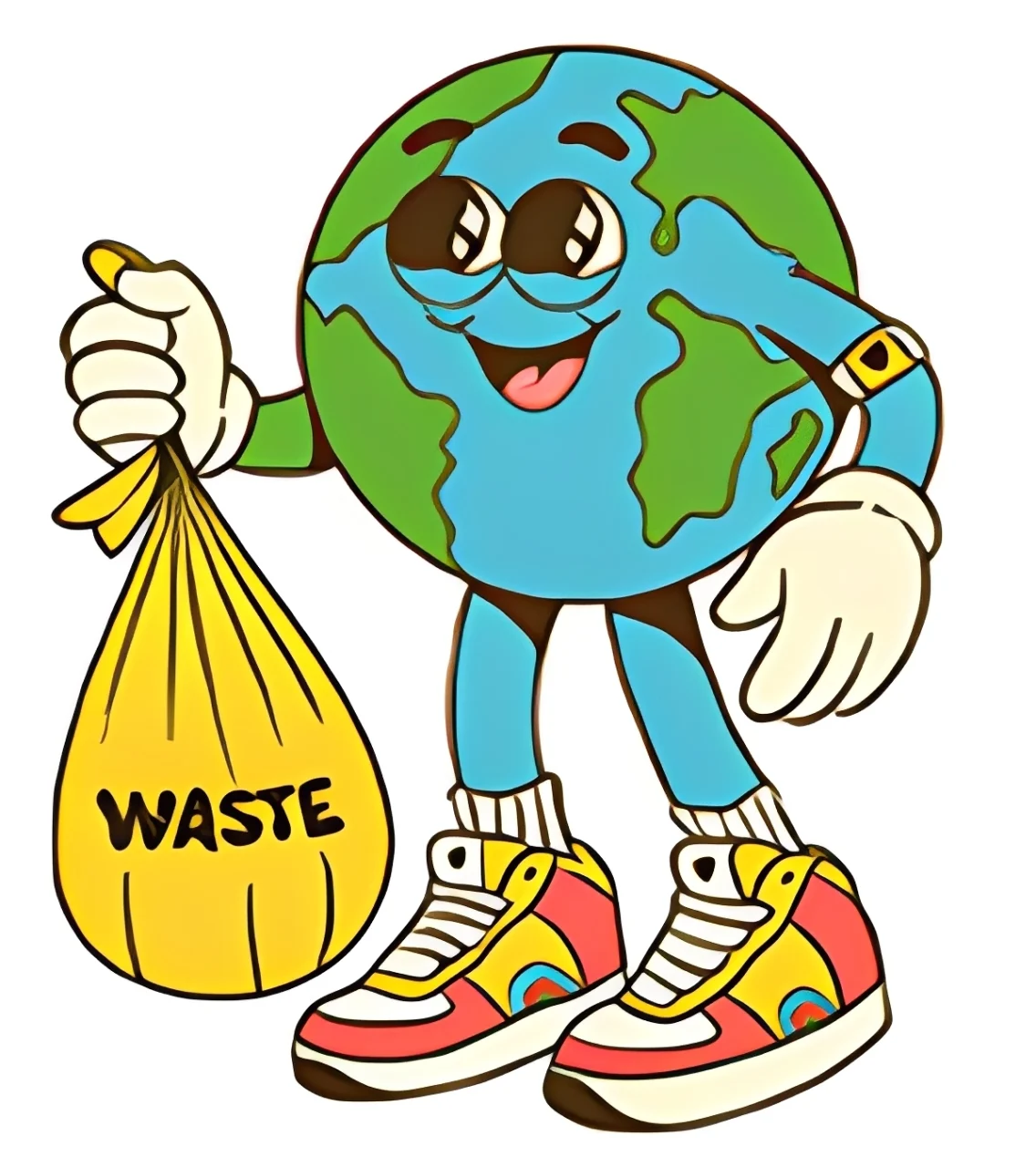
The International Conference on Waste, Recycling Technologies, and Climate Solutions was created to bring together industry leaders, policymakers, researchers, and sustainability advocates on a single platform. Organized by CO-IN SYMPOSIA, the initiative was born from a growing need to address global waste challenges through collaboration, innovation, and knowledge sharing.
From its inception, the conference has focused on promoting responsible waste management, advancing recycling technologies, and supporting the transition toward a circular economy. By uniting experts from diverse sectors, CO-IN SYMPOSIA continues to drive meaningful dialogue and practical solutions that reduce environmental impact and support sustainable development.
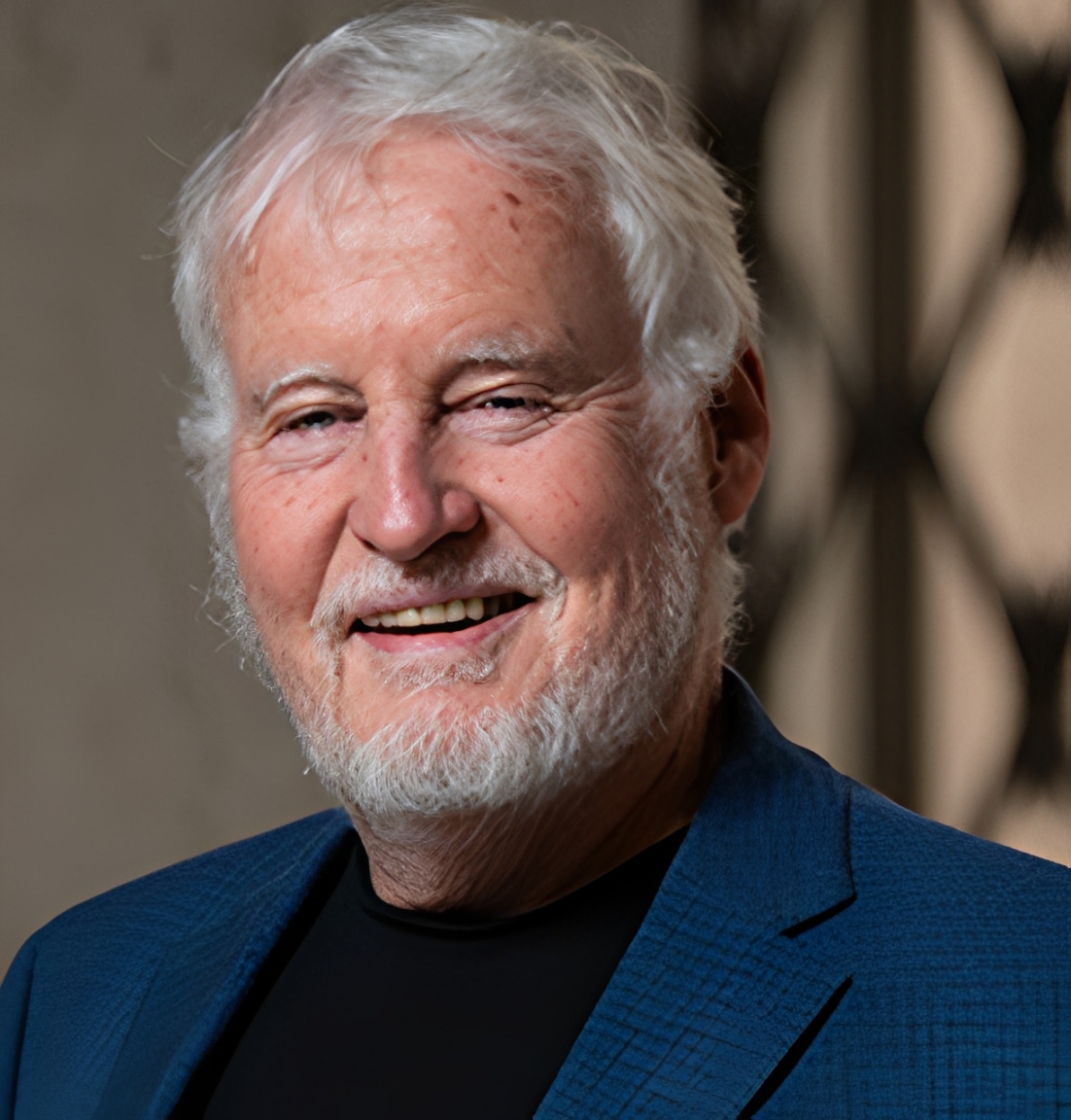
Professor, Carnegie Mellon University Pittsburgh, PA

Founder & President, RiKarbon, Inc. Newark, DE

Former USDA, Food Loss and Waste Liaison Washington, D.C.

Assistant Professor,The University of Texas Rio Grande Valley, Edinburg, TX

Associate Professor, University of California, Riverside, CA
Organized by CO-IN SYMPOSIA, our conferences bring together innovators, policymakers, and industry leaders to drive real-world solutions in waste management and recycling. Each event fosters collaboration, inspires innovation, and advances sustainable practices across communities worldwide.
We curate speakers, researchers, and industry professionals who present innovative ideas, advanced recycling technologies, and forward-thinking policies that address real-world waste challenges.
Participant experience is our top priority. From seamless registration to high-quality sessions and networking opportunities, we ensure every delegate gains value and insight from the event.
Sustainability is embedded in our events. We promote waste reduction practices, digital materials, and environmentally responsible operations, reflecting the core values of the waste and recycling sector.
The conference highlights innovative recycling technologies that reduce waste and emissions. It promotes sustainable practices and circular economy solutions at a global level. Together, these efforts contribute to effective climate solutions and a greener future.
It empowers young minds to lead sustainable change and provides a platform for students and innovators to present fresh ideas and research. Participants collaborate on creative solutions for waste reduction and climate action.
Our agenda is carefully crafted to provide a dynamic and engaging experience for all participants. Organized by COIN SYMPOSIA, the sessions cover the latest innovations, policies, and practical solutions in waste management and recycling.
Each segment is designed to inspire collaboration, knowledge sharing, and actionable insights.

Nice to hear from you, and I recall our favorable interactions in the past conference. Yes I am interested in participating in this Symposium.

Kudos to the organizers for their meticulous planning and dedication, creating an enriching experience for all participants!

I want to express my heartfelt appreciation for the exceptional organization of the conference.